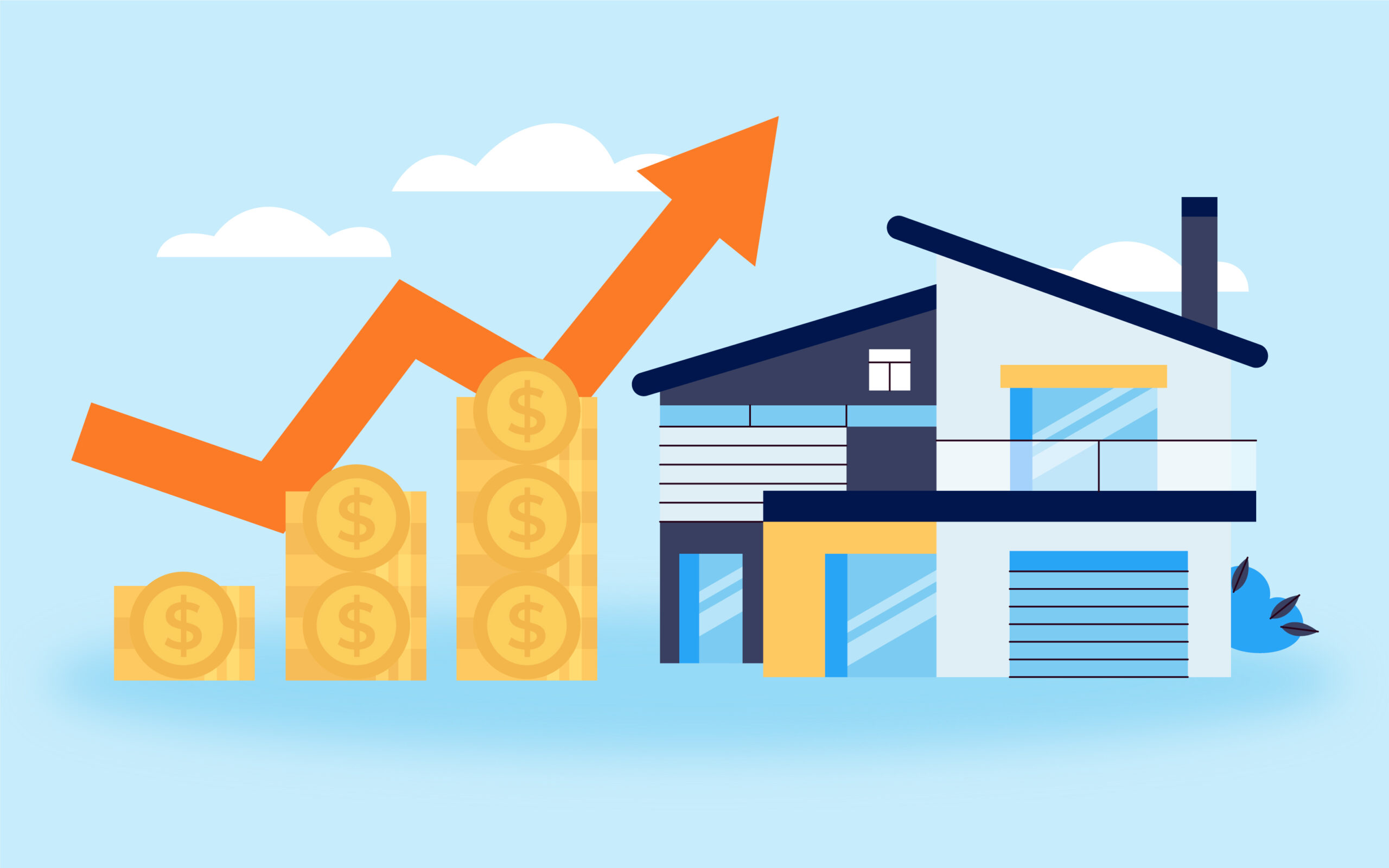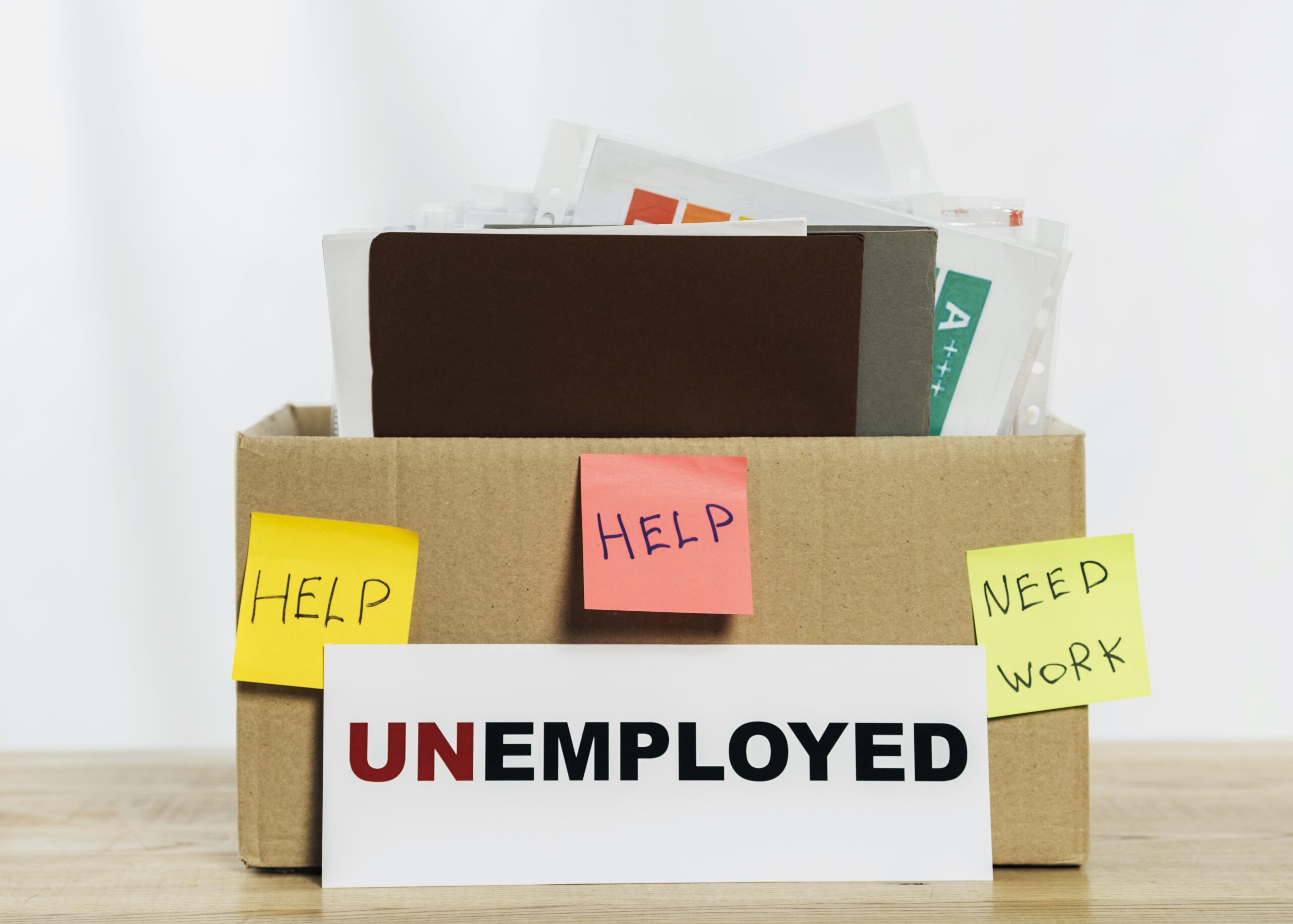
Want to grow your wealth without compromising your values? Ethical investing makes that possible. It’s about choosing investments that not only have the potential for solid returns but also reflect your personal principles. In Australia, more and more young professionals are jumping on board, wanting their money to support causes they believe in, like climate action, social justice, or human rights. Let’s break down what ethical investing actually means and how you can get started.
So, What Exactly Is Ethical Investing?
Ethical investing is all about putting your money into companies and funds that align with your beliefs. It’s also known as sustainable, responsible, or socially conscious investing. The idea is simple: support industries and organisations doing good, and steer clear of those doing harm.
For example, you might choose to avoid putting money into businesses involved in tobacco, gambling, or fossil fuels. Instead, you might back companies focused on renewable energy, healthcare, or clean technology. Funds that follow this approach often use a system of filters. Some weed out companies that don’t meet certain standards (negative screening), while others actively look for companies that are making a positive impact (positive screening).
You’ll also hear the term ESG thrown around – that stands for Environmental, Social and Governance. ESG criteria help assess how a company impacts the world around it. It might include how it treats its staff, its carbon footprint, or how ethically it’s managed. The idea is that businesses with strong ESG practices are more likely to do well in the long term.
How Is It Different from Regular Investing?
Traditional investing typically focuses on two things: how much money can you make, and what are the risks? Ethical investing adds a third layer – does the company or fund align with your values?
That doesn’t mean compromising on performance. In fact, studies show that ethical investments can match or even outperform traditional investments over time. Companies that behave responsibly are often less exposed to legal troubles, environmental fines, or bad press, all things that can hit their bottom line.
So, while ethical investing might mean saying no to some high-profit opportunities, it can also mean saying yes to a more resilient portfolio that reflects who you are.
Why It Matters
If you care about where your money goes, ethical investing is a way to put your values into action. You’re not just sitting on the sidelines, you’re influencing how businesses operate and what they prioritise. And you’re joining a growing movement in Australia.
Many young Australians are looking closely at where their super is invested or which companies are in their managed funds. Surveys show that most Aussies want their investments to be responsible. It’s about more than just returns, it’s about impact.
Ethical investing can also help avoid hidden risks. Companies that cut corners environmentally or socially often end up in hot water, which can be bad news for investors. On the flip side, ethical companies often have loyal customers, happier employees, and stronger reputations.
What Ethical Investing Looks Like in Australia
Australia’s ethical investing scene is booming. In fact, responsible investing already makes up a large chunk of the country’s professionally managed funds.
If you’re looking for ethical options, here are a few local names to know:
- Australian Ethical Investment – One of the pioneers in this space, offering managed funds and superannuation options that stick to strict ethical guidelines.
- Future Super – An entirely fossil fuel-free super fund that puts sustainability at the forefront.
- BetaShares ETFs – Their FAIR and ETHI funds track Australian and global companies with strong sustainability credentials.
Even some of the big super funds now offer sustainable or ethical investment options. And ethical banking is on the rise too. Bank Australia, for instance, doesn’t lend to industries like coal, gambling or live animal export.
Additionally, we have access to ethical investment models developed by respected financial analyst Michael Furey. These models are designed to help advisers and investors identify funds and portfolios that truly meet ethical standards, offering greater transparency and alignment with long-term sustainability goals.
Getting Started: Easy First Steps
If you’re new to this world, don’t stress, it’s easier than you think to start investing ethically in Australia.
- Know What You Stand For: Think about the causes that matter to you. Whether it’s animal welfare, climate change or workers’ rights, defining your values helps shape your investment choices.
- Do Some Digging: Tools like the Responsible Investment Association Australasia’s (RIAA) online resources can help you find funds and products that align with your ethics. Check what each fund includes—and avoids—before you commit.
- Review Your Super: Your super is likely your biggest investment. Many super funds offer ethical or sustainable options, and some specialise in it.
- Start Small: You don’t need a fortune to start. Ethical ETFs let you invest in a broad range of companies with just a few hundred dollars.
- Be Wary of Greenwashing: Just because a fund says it’s ethical doesn’t mean it is. Check for transparency, independent certification, and detailed reporting.
- Stay Involved: Once you’re invested, keep tabs on your portfolio. The world of ethical investing changes quickly, and what feels right today might shift tomorrow.
Final Thoughts
Ethical investing is more than a financial strategy, it’s a personal one. For Australians who want their money working toward a better world, it offers a powerful pathway. Whether you’re switching your super, backing a clean energy ETF, or supporting companies doing right by people and planet, ethical investing lets you grow your wealth without selling out your values.
And the best part? You’re not alone. More Aussies than ever are turning to ethical options, helping shape a future where money fuels change, not just profits.
Any advice is general in nature only and has been prepared without considering your needs, objectives or financial situation. Before acting on it, you should consider its appropriateness for you, having regard to those factors. Before making any decision about whether to acquire a financial product, you should obtain the Product Disclosure Statement.
Latest News Articles
Back to Latest News
Economists Flag A Tough 2026 as Interest Rates to Rise Again

Redundancy Isn’t Just a Job Loss – It’s a Financial Shock


